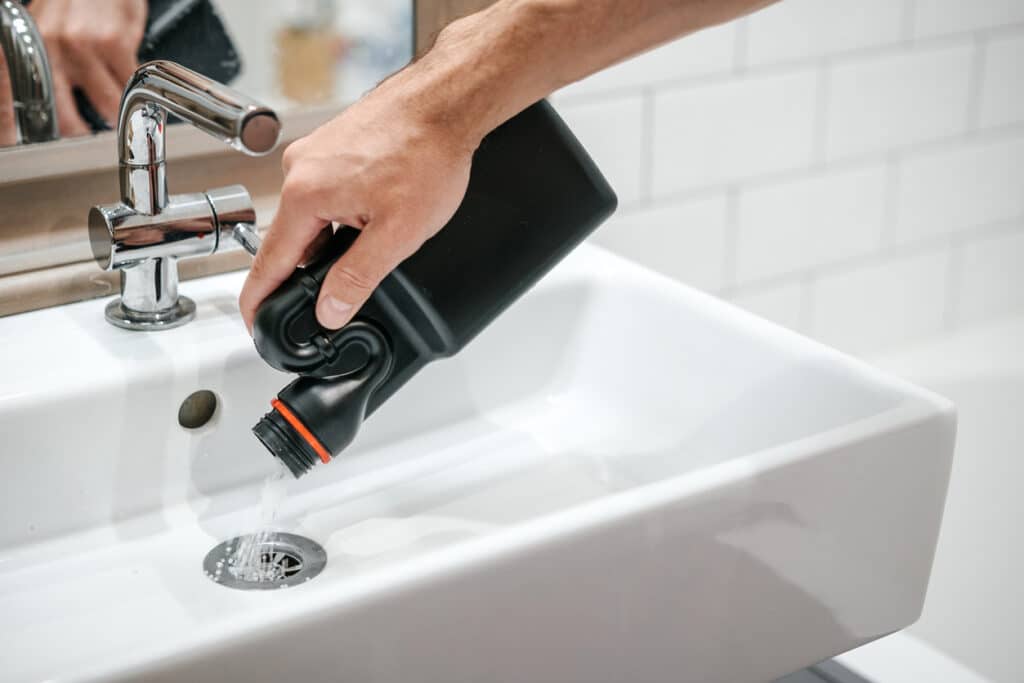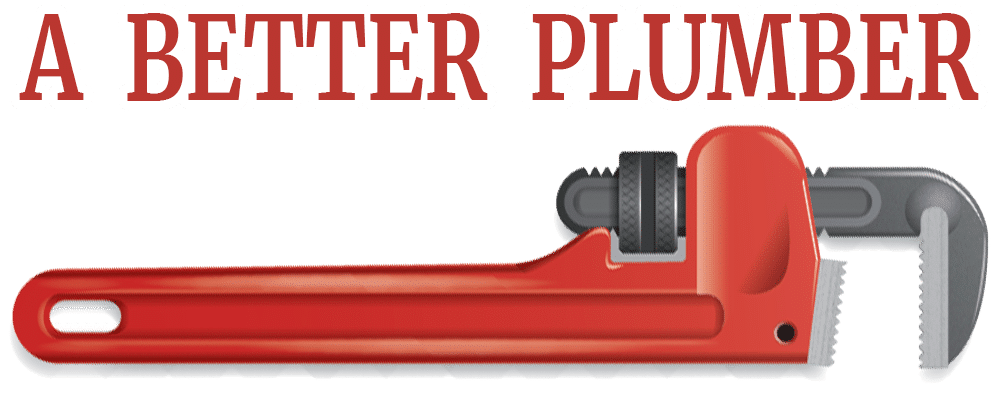Clogged drains can be a real nuisance, but don’t despair! There are ways to fight back against even the most stubborn clogs. Here are some tips and tricks to get your plumbing performing well again.
The Plunger: A Classic for a Reason
The humble plunger is a household hero for a reason. It’s a simple tool that can often dislodge even the toughest clogs.
Make sure you are using the right size plunger for the job. A toilet plunger has a flange that fits snugly into the toilet bowl, while a sink plunger is smaller and designed for flatter surfaces.
For sink clogs, fill the basin with enough water to cover the plunger head. This helps create suction to dislodge the clog. For toilet clogs, make sure there is enough water in the bowl to cover the plunger flange.
Plunge forcefully and steadily for several pumps. The goal is to create pressure waves that break up the clog.
The Baking Soda and Vinegar Powerhouse
This natural cleaning combo can be surprisingly effective for some clogs caused by grease or soap scum.
Pour a cup of baking soda down the drain, and then follow that with a cup of white vinegar. The mixture will fizz as it reacts, and this will help to loosen the clog. Let it sit for 15 to 30 minutes.
After the fizzing subsides, flush the drain with hot water. This will help to melt any remaining grease or soap scum and wash away the baking soda mixture.
The Boiling Water Option (for Tough Guys Only)
Boiling water can be a quick and effective way to tackle grease clogs, especially in kitchen sinks. However, be cautious and use this method only on drains that can handle elevated temperatures.
Carefully pour a pot of boiling water down the drain. The hot water can melt away grease buildup and clear the clog.
Never pour boiling water down a plastic sink or a drain with cracked pipes. Boiling water can damage these materials.
When the DIY Methods Don’t Cut It
If the home remedies above don’t work, it’s time to call a plumber. These professionals have a variety of tools and techniques to tackle even the most stubborn clogs.
Sometimes clogs can be deep within the pipes, beyond the reach of DIY methods. A plumber has tools like augers that can reach these deep clogs and break them up.
Clogs can sometimes be a symptom of a larger plumbing problem, like a broken pipe or tree root infiltration. A plumber can diagnose the real issue and fix it properly.
Preventing Clogs
The best way to deal with clogs is to prevent them. Avoid pouring grease, oil or coffee grounds down the drain. These substances can solidify and create clogs. Use a drain trap to catch food scraps before they enter the pipes. Pouring a pot of hot water down the drain every few weeks can help to melt away any grease buildup that might be starting to form.
By following these tips and tricks, you can keep your drains clear. To schedule annual drain cleaning for good measure, contact us at A Better Plumber in Waldorf, MD, and we’ll be happy to help.








